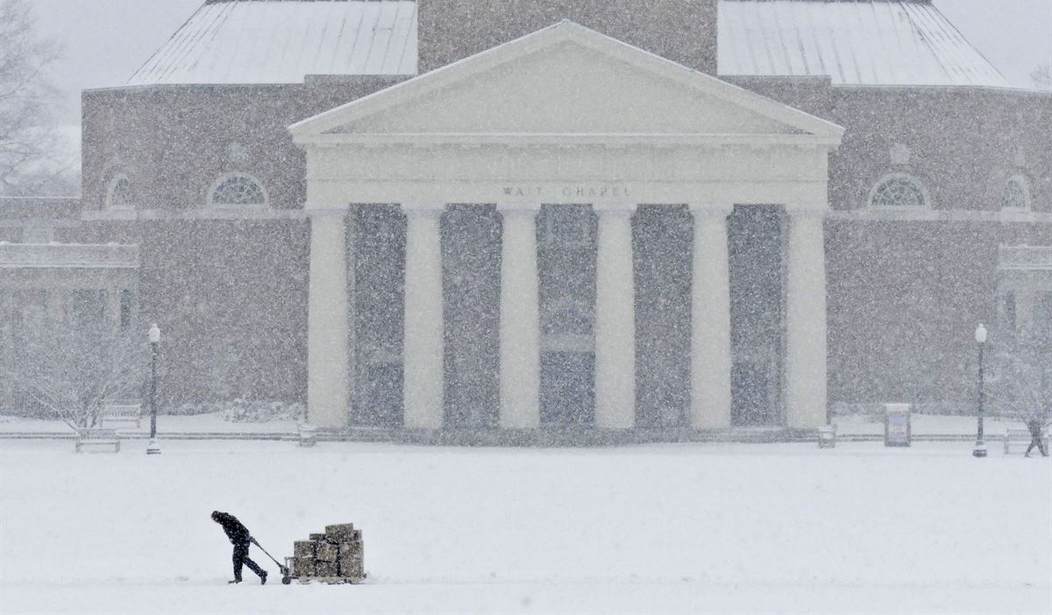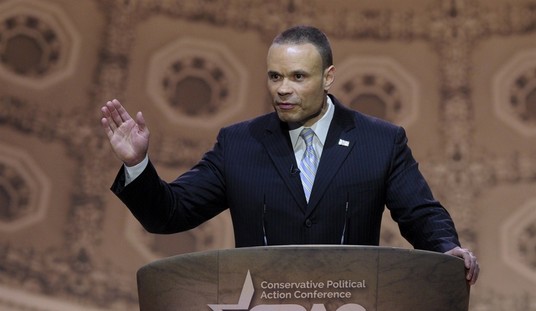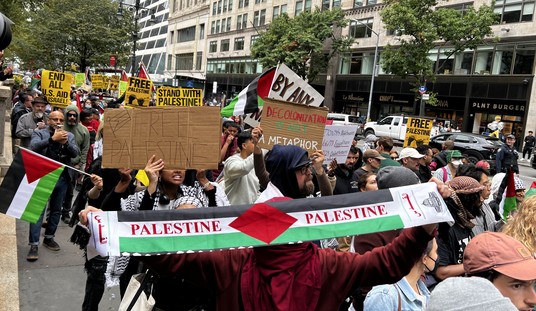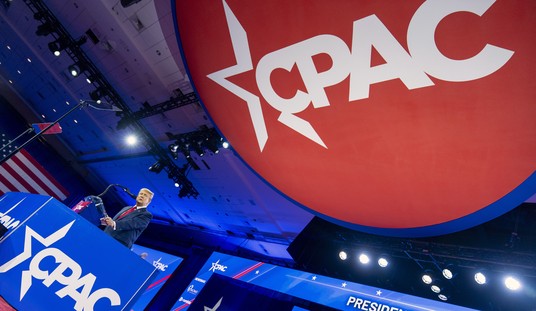Despite the present situation of the academy, some of us nevertheless remain committed to the classical ideal of a liberal arts education, and we remain hopeful that the militant left that has taken control of the University will not succeed in its endeavor to vanquish this ideal.
This being said, it would be dishonest to say that there isn’t an all-too frequent number of occasions when my hope is tested.Recent happenings provide several cases in point.
1. At the University of Chicago, several activist student groups—Reparations at UChicago, the UChicago Socialists, UofC Resists, a graduate student union, and a local chapter of Black Lives Matter—held a “teach-in” during which they demanded from the officials at the prestigious institution that it pay “reparations” to some of its black students.
The University of Chicago, according to these activists, was founded in slavery.
According to The College Fix, Reparations at UChicago made its case about a year ago in an article published by the African-American Intellectual History Society.Stephen Douglas was a slave owner from Mississippi who, in 1856, used his wealth to purchase and then donate the property on which the original University of Chicago would be erected.
This, you see, is the alleged connection between the University and slavery.
“This founding endowment, drenched in the blood of enslaved African-Americans, was leveraged by the University of Chicago to borrow more than $6 million dollars in today’s terms to build its Gothic campus, its institutional structures, its organizational framework, its vast donor network, and an additional $4 million endowment before 1881.
Recommended
“In short,” the brief concludes, “the University of Chicago owes its entire presence to its past with slavery.”
The University’s spokespersons adamantly deny that their school has any linkage to slavery, noting that the original school “collapsed in 1886 in a state of debt and foreclosure.” The school that the world recognizes today had its origins in 1890 and “did not use or benefit from the shuttered institution’s land or its endowment.”
Of course, this argument from historical truth has about as much of a chance of persuading the disgruntled activists as that of a snowball in hell.
2. At Wake Forest University in North Carolina, a white conservative student who was racially harassed by four black students had his appeal for a judicial hearing rejected by the Dean of Students and the school’s Bias Response Team—i.e., precisely that office that exists for the sake of ridding campus of identity-oriented forms of harassment.
The Wake Forest Review reports that while the university insists that it prohibits “‘obscene, profane, or derogatory’” abuse “‘motivated by the race or any other defining characteristic of an individual,” it refused to come to the aid of Ryan Wolfe, a senior who supported Donald Trump in the fall of 2016.
It was at this time that Wolfe was harassed on social media by black students who superimposed an image of his face onto the image of a saltine cracker. In person, one of these students handed him a box of crackers. Yet the abuse continued online with mean-spirited comments directed at Wolfe, like the reference to him on social media as a “mayonnaise monster looking a**.”
Adam Goldstein, the Dean of Students, told Wolfe that if the school took the kind of action against his harassers that Wolfe sought, this would only “make things worse” for him.
Goldstein added that the black students acted as they did only because…“Trump won.”
Not only is this attempt at a justification manifestly absurd on its face; it isn’t even factually correct, for the incidents in question occurred shortly before the election of 2016.
The offending students, Goldstein informed Wolfe, would take part in a dialogue at the LGBTQ Center where they would reckon with the question: “Is this the community you want to live in?”
This is Wake Forest University’s response to students of color who racially harass white conservative students.
3. Humboldt State University in Northern California offers an on-ine guide dealing with “whiteness.” The page, “Discussing Whiteness,” consists of “resources…intended to inform people about” such “issues surrounding whiteness” as: “white privilege, white fragility, white spaces, etc. [.]”
The guide is designed “to bring up questions and challenge us about our role in our communities and in our day-to-day lives.”
“Discussing Whiteness” recognizes that these “discussions are” meant to be “uncomfortable and challenging,” but those who follow it “are encouraged to get uncomfortable,” for by “engaging in these honest discussions you will exercise your ‘racial stamina’ and become more comfortable with being uncomfortable.”
The site offers videos, one of which is called: “Don’t Be a Bystander: Six Tips for Responding to Racist Attacks.” They come with a cautionary note regarding “triggers and emotionally-charged content.”
Confessedly, “Discussing Whiteness” is an invaluable resource, but only insofar as it supplies to anyone who is interested insight into the dark, and darkly comedic, recesses of the hard academic left’s worldview.
For instance, under “White Fragility,” one finds links to such pearls as: “Intersectional Anti-Racism: The Myth of Happy Eggs, White Fragility, and Omnivorous Fragility in the Ethical Foodscape;” “The Scientific Way to Train White People to Stop Being Racist;” and “Uprooting White Fragility: Intersectional Anti-Racism in the ‘Post-Racial’ Ethical Landscape.”
Under “White Space,” we find links to “Race Conversations in White Spaces;” “Hiking While Black: The Untold Story;” and “What White Children Need to Know about Race.”
There’s also a podcast by the name of “Seeing White.” This series aims to address such questions as: “Where did the notion of ‘whiteness’ come from? What does it mean? What is whiteness for?”
It is not impossible for an academic dissident to remain hopeful in the midst of this nonsense.
Yet it is indeed difficult.
























Join the conversation as a VIP Member